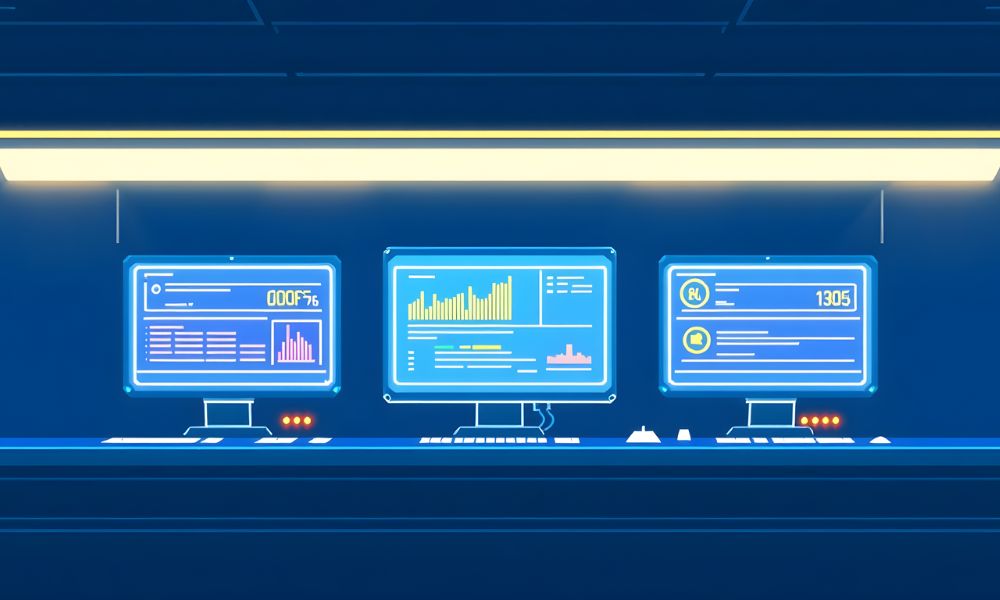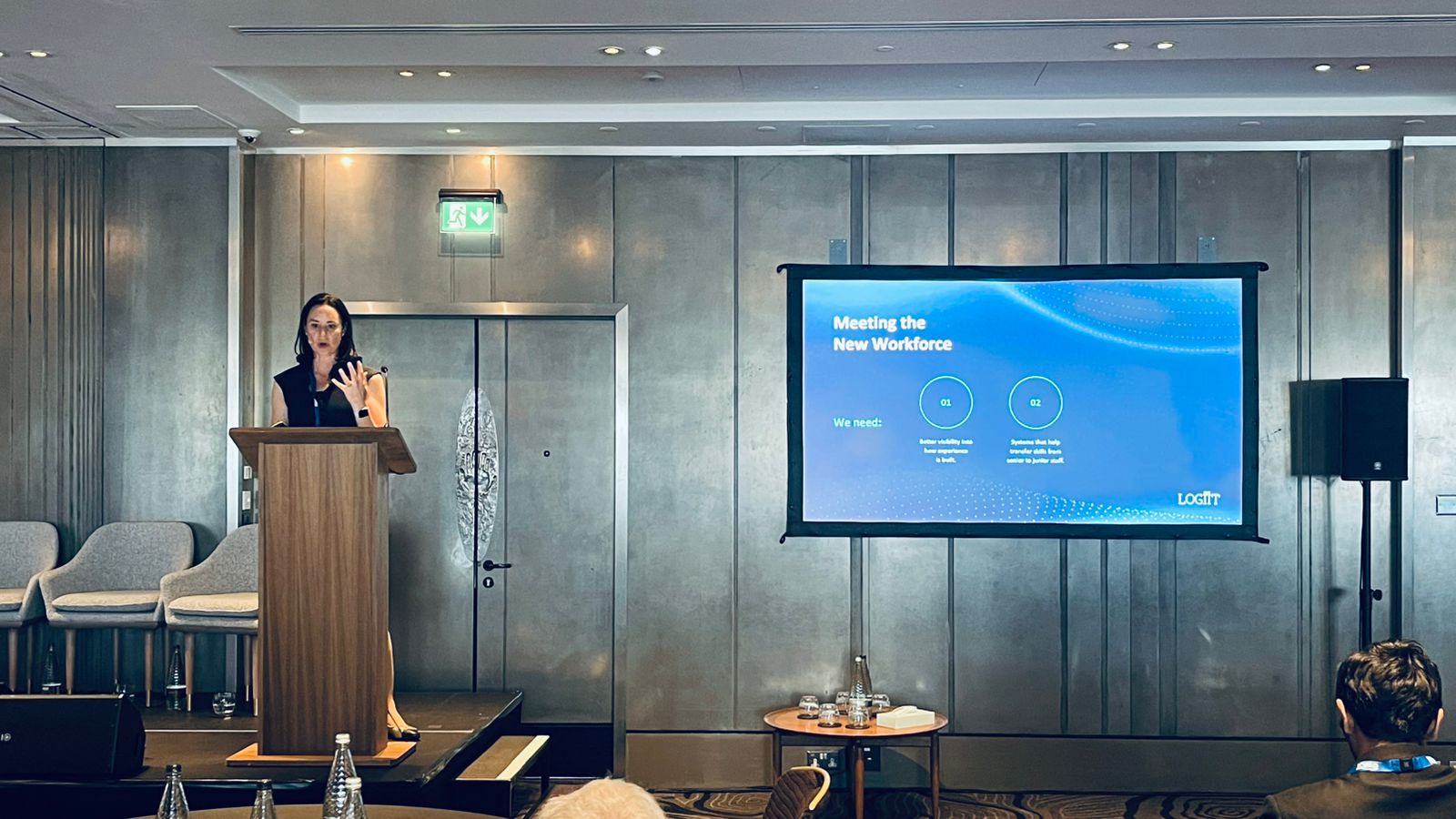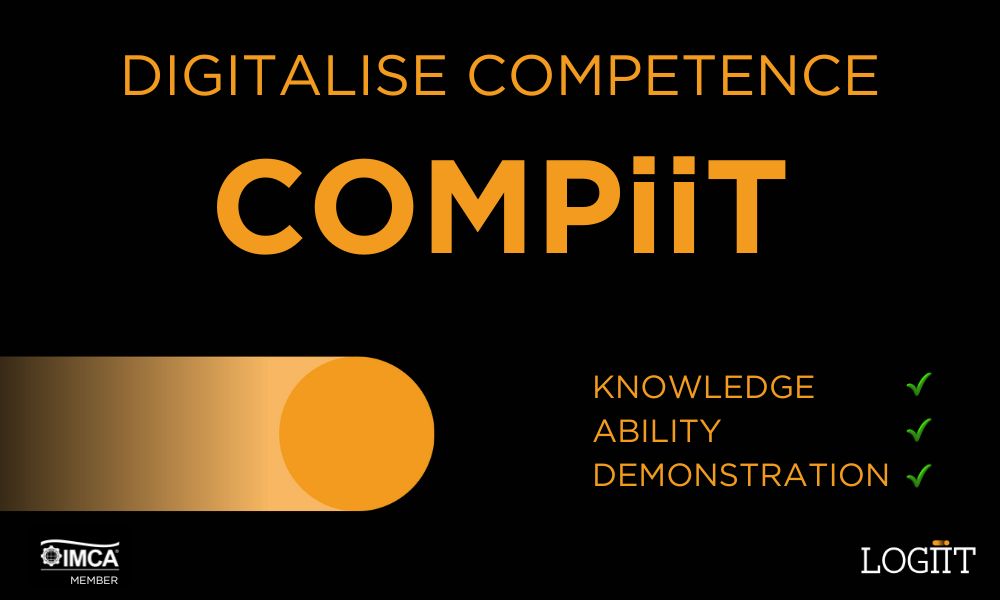Discover how APIs transform offshore operations by enabling smart data, boosting efficiency, enhancing safety, and driving compliance. Learn why API integration is critical for the future of digital offshore industries.
In today’s data driven world, the ability of systems to communicate with each other is critical. For industries relying on real time information, such as offshore operations, commercial diving, and maritime logistics, seamless integration between platforms is no longer a luxury it’s a necessity. This is where Application Programming Interfaces (APIs) come into play. APIs act as the bridges that allow different systems to exchange data, ensuring that businesses can leverage smart data for greater efficiency, safety, and compliance.
Why APIs Matter in the Offshore Industry
Traditionally, many offshore and subsea operations have relied on siloed systems, where each software tool serves a specific function without the ability to communicate with others. This fragmentation leads to inefficiencies, lost data, and delays in decision making. APIs solve these challenges by enabling different platforms to talk to each other in real time, ensuring that data flows seamlessly across systems.
- Enhancing Operational Efficiency APIs allow offshore companies to integrate digital dive logbooks, competence tracking, project management systems, electronic dive log sheets, and safety compliance tools into a single, connected ecosystem. This eliminates the need for manual data entry, reduces errors, and speeds up processes. For example, a diver logging a dive in a digital logbook should have that information instantly available for project managers and compliance teams without additional paperwork. Additionally, APIs enable automation of routine operational tasks, reducing the need for manual intervention. This improves overall workflow efficiency, allowing personnel to focus on higher value tasks while ensuring that operations remain uninterrupted and optimised.
- Improving Safety & Compliance Safety is paramount in offshore industries. APIs ensure that critical safety data such as certifications, equipment maintenance logs, electronic dive log sheets, and incident reports is accessible across different systems. This allows companies to monitor safety metrics in real time and ensure compliance with industry standards like IMCA C 003 guidance on Competence Assurance and Assessment. Moreover, API integrations with real time monitoring systems can trigger automated alerts for safety risks, ensuring that potential hazards are identified and mitigated before they lead to incidents. This proactive approach enhances safety while reducing downtime due to avoidable accidents.
- Unlocking Smart Data for Better Decision Making When systems talk to each other, they generate valuable smart data, which companies can use for predictive analytics, trend analysis, and performance optimisation. For instance:
- Project management system data can be analysed to identify inefficiencies and improve planning.
- Competence data can track workforce skill levels and inform training needs.
- Environmental data can be used to measure and reduce carbon footprints.
With APIs connecting these data points, companies gain deeper insights that drive data backed decision making. Machine learning models can also be integrated via APIs to analyse historical data and provide predictive insights, helping companies anticipate equipment failures, personnel needs, and operational risks.
4. Facilitating Industry Wide Collaboration APIs enable collaboration between different stakeholders in the offshore industry. For example, offshore companies can integrate their digital dive logbooks with client reporting tools, equipment manufacturers’ maintenance records, and regulatory compliance platforms. APIs also allow different logbook providers to communicate with each other, ensuring seamless data transfer and compatibility across platforms. This interconnected ecosystem improves transparency and enhances trust between contractors, operators, and regulatory bodies. Furthermore, APIs can facilitate cross border cooperation by ensuring that different international systems and regulatory bodies can exchange information effortlessly. This is particularly crucial in global industries where compliance and data-sharing requirements differ across regions.
The Future: Smart Data Driving Industry Transformation
As digitalisation continues to evolve, the offshore industry must embrace API driven interoperability to remain competitive. The future will see:
- AI powered analytics making real time recommendations based on smart data.
- Blockchain backed verification of skills and competence, reducing fraud and improving trust.
- Automated workflows where systems predict and initiate actions without manual intervention.
As more industry players invest in cloud based solutions, APIs will play an essential role in integrating these technologies with legacy systems, ensuring seamless transitions and data driven innovation. Companies that prioritise API adoption will be able to adapt quickly to technological advancements and remain at the forefront of industry evolution.
At LOGiiT, we believe in harnessing the power of APIs to transform offshore operations. By ensuring that systems seamlessly connect and communicate, we empower businesses to unlock real value from their data driving efficiency, safety, and sustainability.
Conclusion
APIs are the key to unlocking the full potential of smart data in the offshore industry. By enabling seamless system communication, companies can improve efficiency, compliance, safety, and decision making. As digitalisation accelerates, industry leaders must invest in API driven solutions to stay ahead of the curve. The future is interconnected are you ready to embrace it?
By embracing interoperability, automation, and data intelligence, companies can create a connected ecosystem that not only enhances daily operations but also paves the way for long-term sustainable growth and innovation in the offshore sector.







